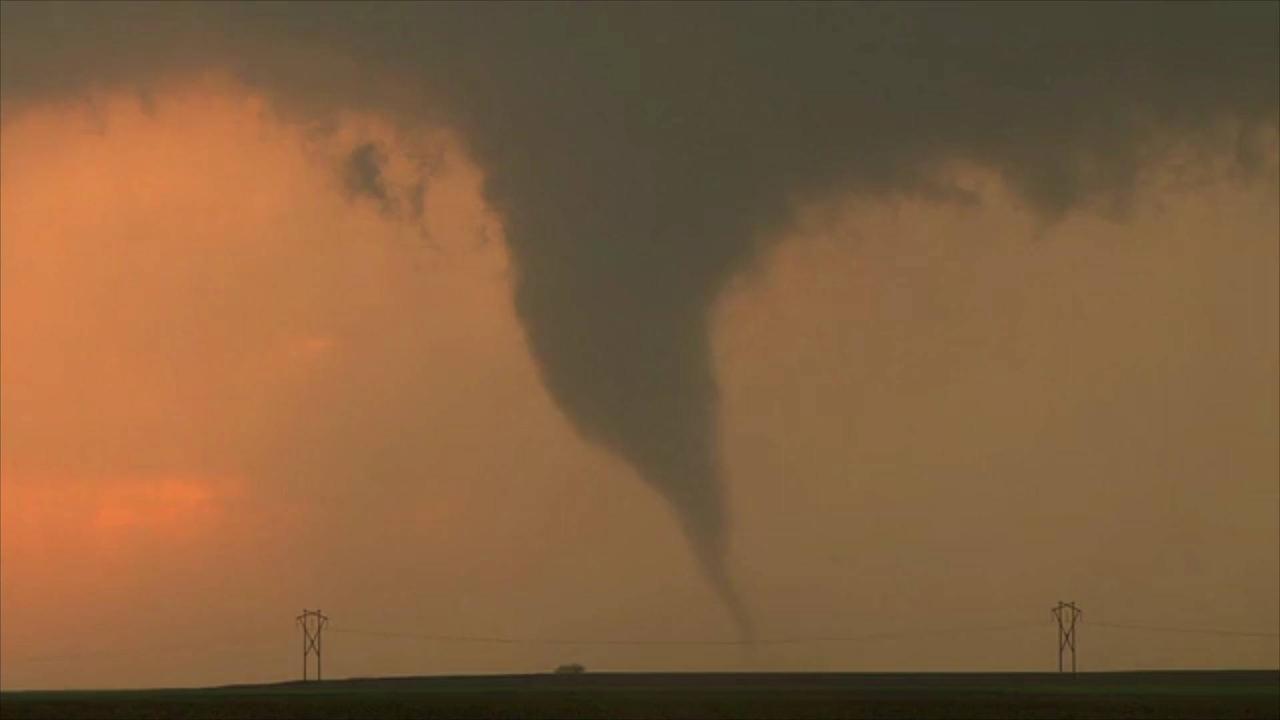
Scientists Look To Determine the Impact, of Climate Change on Tornadoes.
'The Independent' reports that while scientists have been able to link climate change to heatwaves, droughts, flooding and hurricanes .
'The Independent' reports that while scientists have been able to link climate change to heatwaves, droughts, flooding and hurricanes .
'The Independent' reports that while scientists have been able to link climate change to heatwaves, droughts, flooding and hurricanes .
The impact of rising global temperatures on tornadoes remains complicated.
.
Tornadoes form when warm, moist air near the ground collides with cool, dry air above.
.
How climate change impacts these factors has yet to be fully understood.
It doesn’t mean that there’s not a connection, it just means that it’s a lot harder to pick out than some other things might be, Harold Brooks, Senior research scientist at the National Oceanic and Atmospheric Administration’s National Severe Storms Laboratory, via 'The Independent'.
While there has been fewer days per year with tornadoes, the number of days with multiple tornadoes has increased over the last half century.
The number of tornadoes has increased in the Mid-South around Memphis, Tennessee, and the surrounding area of a couple of hundred miles, Harold Brooks, Senior research scientist at the National Oceanic and Atmospheric Administration’s National Severe Storms Laboratory, via 'The Independent'.
In the same time period, there’s been a decrease in tornadoes over the High Plains from the Texas Panhandle through Western Kansas, Harold Brooks, Senior research scientist at the National Oceanic and Atmospheric Administration’s National Severe Storms Laboratory, via 'The Independent'.
In January, a study was published that found rising temperatures were likely to increase the number of supercell storms in the eastern U.S. 'The Independent' reports that supercells are intense thunderstorms that produce damaging hail and powerful tornadoes
